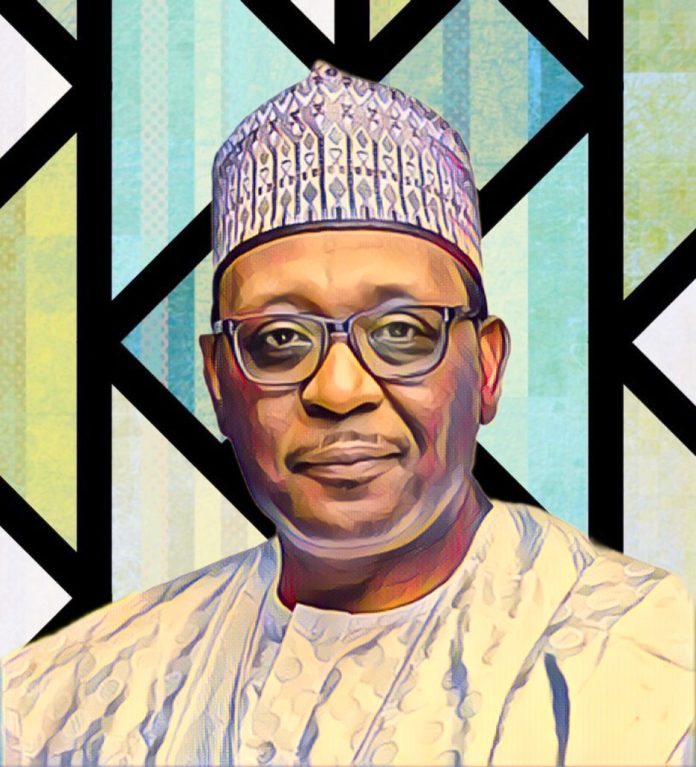Key points
-
Nigeria has lost over 16,000 doctors in the last five to seven years.
-
The doctor-to-population ratio in Nigeria has dropped to 3.9 per 10,000 people.
-
The Nigerian government is working on policies to address the migration of healthcare workers.
According to the Coordinating Minister of Health and Social Welfare, Professor Muhammad Pate, Nigeria has lost over 16,000 doctors in the last five to seven years, costing the country billions of naira.
Speaking at the seventh annual capacity-building workshop of the Association of Medical Councils of Africa (AMCOA) in Abuja, Pate expressed concern over the growing migration of healthcare workers and its impact on the Nigerian health sector.
Rising doctor migration and its cost
The Minister highlighted that the loss of healthcare professionals is not just a matter of people leaving but also represents a significant fiscal loss for the country.
He pointed out that the cost of training a single doctor in Nigeria exceeds $21,000, emphasizing the financial damage caused by the emigration of such a large number of trained professionals.
“This trend is not just about people leaving,” Pate said. “It represents a fiscal loss. The estimated cost of training one doctor exceeds $21,000—a figure that reflects the magnitude of public financing walking out of our country.
It deeply affects our health systems, leaving many of our rural communities critically underserved.”
Doctor-to-population ratio falls below global standard
The doctor-to-population ratio in Nigeria has dropped to 3.9 per 10,000 people, far below the World Health Organisation’s recommended ratio.
Mr. Pate pointed out that the emigration of doctors, nurses, and midwives has worsened the shortage, with over 16,000 doctors leaving in recent years.
The shortage is exacerbated by the fact that many healthcare workers are moving abroad for better pay, improved working conditions, and more advanced training opportunities.
“More healthcare workers aspire to practice outside Nigeria,” Pate said. “The migration of healthcare professionals from developing countries to developed ones is not new, but it has certainly increased in recent years.”
National policy on health workforce migration
Despite the challenges, Minister Pate sees this situation as an opportunity to rethink Nigeria’s health workforce management policies.
He referenced the National Policy on Health Workforce Migration, part of the Nigeria Health Sector Renewal Investment Initiative.
This policy, which aims to retain and motivate healthcare workers still in Nigeria, is also designed to establish ethical recruitment agreements with destination countries and to strengthen regulatory systems.
“Our response is based on stewardship—balancing the rights of health professionals to seek opportunities abroad with our duty to protect the integrity and viability of our national health system,” Pate explained.
Africa-wide response to workforce mobility
Mr. Pate also urged other African countries to join Nigeria in addressing the issue of workforce migration.
He proposed a pan-African approach to workforce mobility, based on shared training standards, joint planning, and negotiating platforms with countries that recruit African health professionals.
AMCOA President Joel Okullo emphasized the need for unity among African nations in managing healthcare workforce challenges.
He expressed optimism that the outcomes of the workshop would lead to actionable strategies that could improve healthcare services across Africa.
Professional unity and patient care
Fatima Kyari, Registrar of the Medical and Dental Council of Nigeria (MDCN), welcomed the participants and stressed the importance of patient safety and strong regulation.
Afolabi Lesi, Chairman of MDCN’s Governing Board, highlighted the need for healthcare regulators to maintain global standards while adapting to local contexts.
However, he raised concerns over divisions within the healthcare sector, which hinder teamwork and effective patient care.



